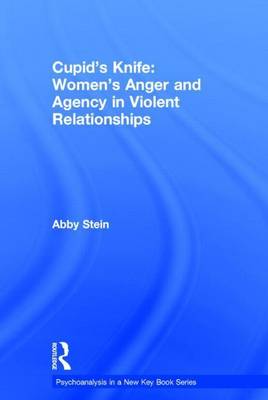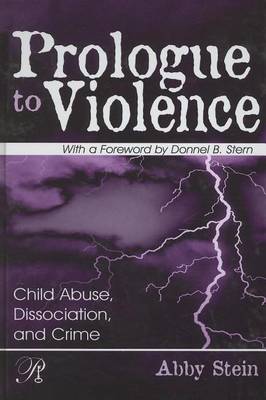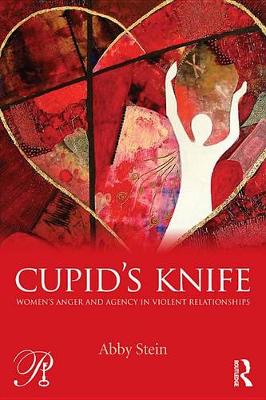Psychoanalysis in a New Key Book
3 total works
Despite mounting references to the "transgenerational transmission of violence," we still lack a compelling understanding of the linkage between the interpersonal violence of early life and the criminal violence of adulthood. In Prologue to Violence, Abby Stein draws on the gripping narratives of 65 incarcerated subjects and extensive material from law enforcement files to remedy this lacuna in both the forensic and psychodynamic literature. In the process, she calls into question prevailing beliefs about criminal character and motivation. For Stein the early trauma to which adult criminals are subjected remains unformulated and, as such, unavailable for reflection. Contrary to common belief, these criminals, especially sex murderers, do not commit their crimes in a rational or fully conscious way. They are not driven by deviant fantasy, their psychopathy is not inborn, and they rarely commit acts of violence "without conscience."
Stein's interdisciplinary analysis of her data infuses contemporary relational psychoanalysis with the insights of neuroscience, traumatology, criminology, and cognitive and narrative psychology. A powerful challenge to offender treatment programs to address the shaping impact of childhood trauma rather than merely to "correct" the cognitions of violent offenders, Prologue to Violence will be equally compelling to researchers and academics investigating child abuse and adult violence. Its mental health readership will be broad and deep, ranging beyond clinicians who work with offender populations to all therapists who wrestle with experiences of dissociation and aggressive enactment in everyday life.
Cupid's Knife: Women's Anger and Agency in Violent Relationships
by Abby Stein
Much domestic violence literature has called attention to the fact that women's material needs for shelter, daycare, employment, and legal protection may render them helpless to leave toxic relationships. Yet, even with the provision of these, many women remain tightly wound in their abusers' embrace. In Cupid's Knife: Women's Anger and Agency in Violent Relationships, Abby Stein draws on the gripping narratives of physically and emotionally abused women to illuminate how splitting off their own aggression undermines women's agency, making it almost impossible for them to leave violent partners. Psychology, with its focus on 'managing' men's anger in violent relationships, has had little to offer in the way of substantive critical work with women on the identification, integration and constructive use of a range of darker emotions typically labelled as antithetical to the norms for female behaviour.
In this book, Abby Stein shows that although a number of psychological processes that contribute to the intractability of abusive relationships have been identified – such as trauma bonding and learned helplessness – their recognition has offered no clinical pathway out of the abyss. Stein suggests that our attention to other aspects of the internal world, the relational framework, and the cultural context in which both operate, may be more useful than current interventions in determining individual treatments that break the oft-cited 'cycle of violence'. More globally, Cupid's Knife: Women's Anger and Agency in Violent Relationships jumpstarts a provocative conversation about how female aggression can be repurposed as a catalyst for social change. It will be essential reading for psychoanalysts, psychologists, psychiatrists, sociologists, criminologists, students and the lay reader with an interest in clinical treatment, interpersonal psychoanalysis, domestic violence, gender roles, dissociation and aggression.


